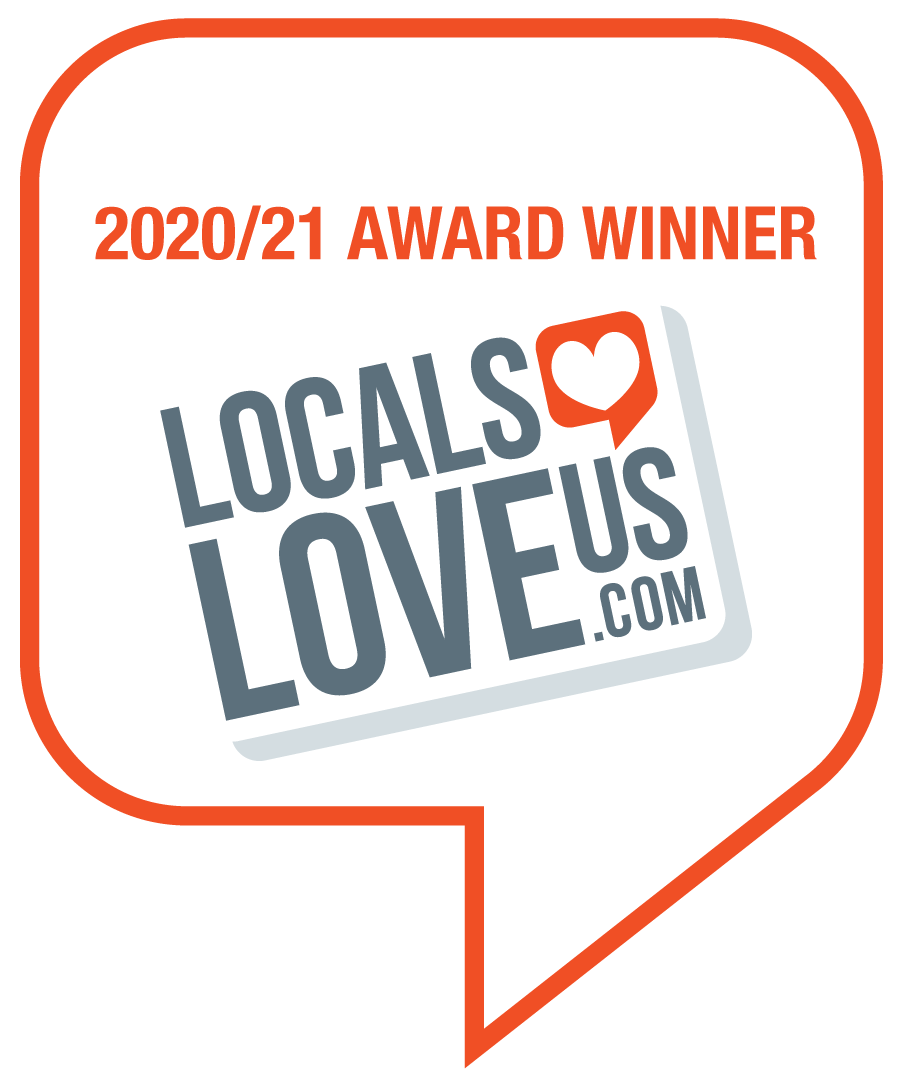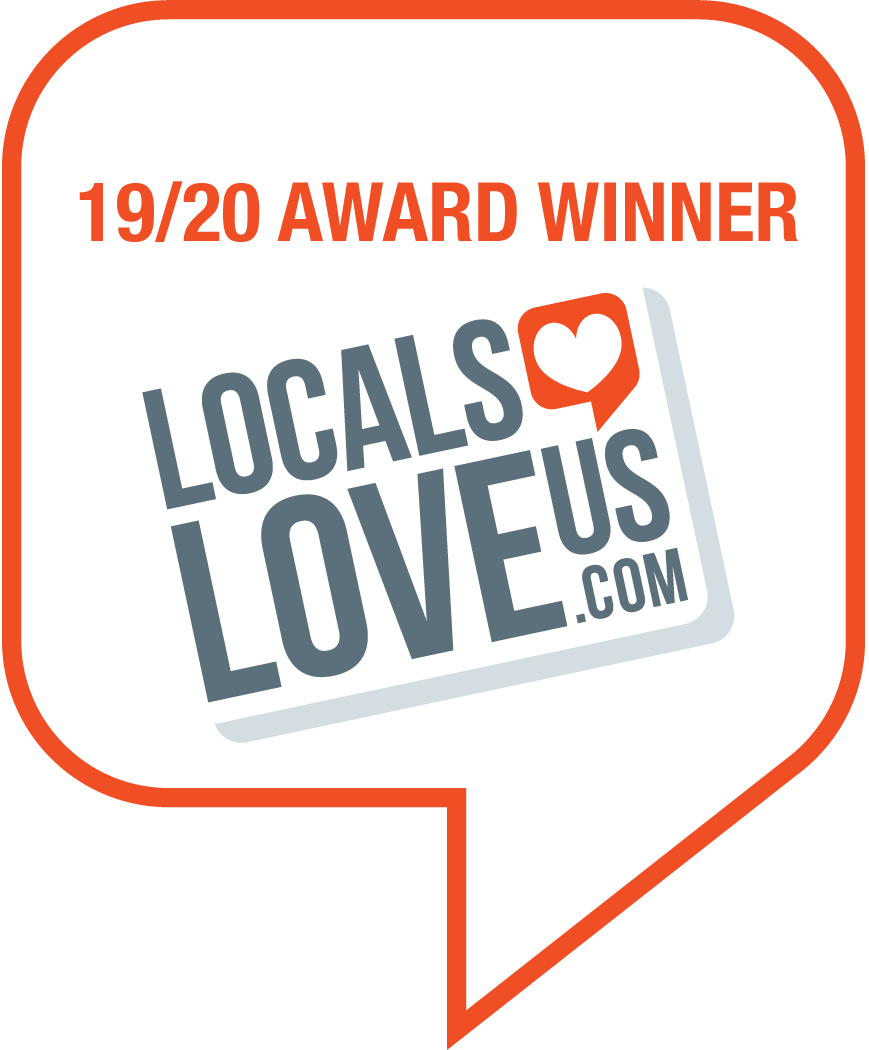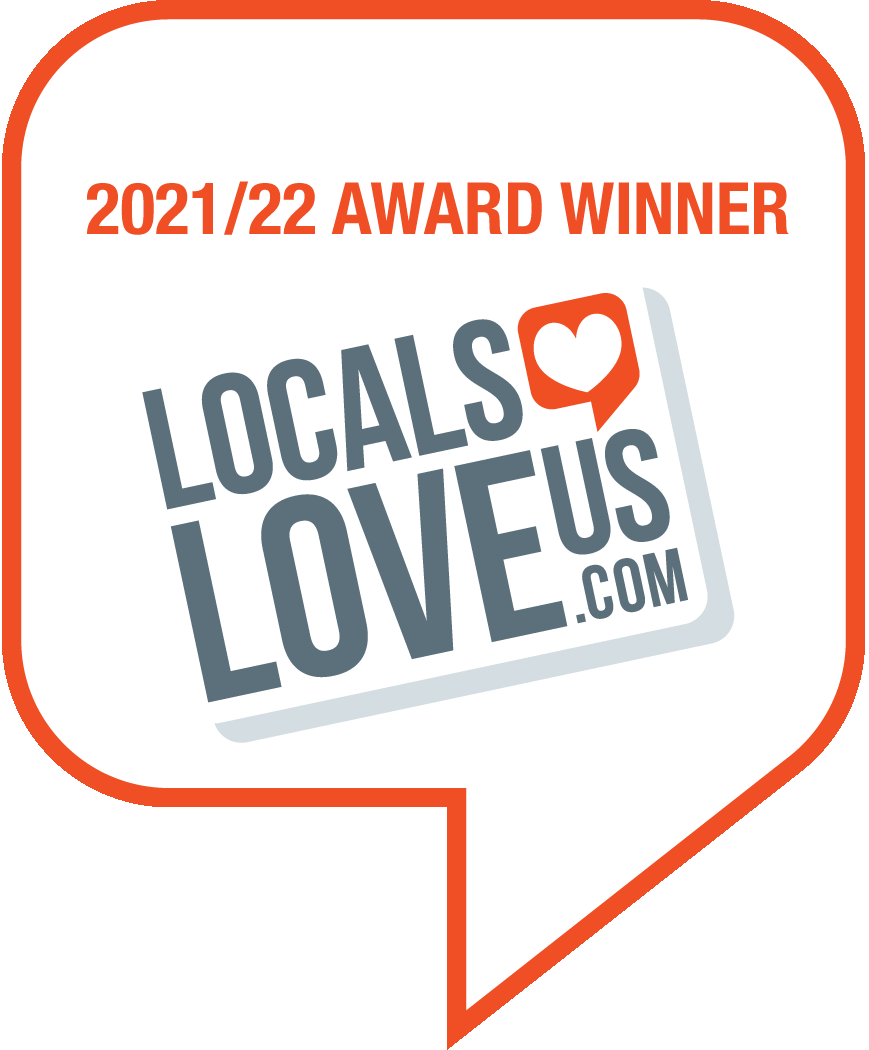One of the biggest factors in the return on your investment is the way your properties are financed. Levered (or financed) properties *almost always* deliver a higher rate of return than unlevered (paid off) properties do. Here is an illustration to show you how that’s possible:
Scenario 1: 100,000 purchase price, $1,000 per month rent, 20% down payment, $600 monthly note.
$1,0000 Rent
(-) $600 Note
(-) 150 Monthly Expenses
=$250 Monthly Cash Net Profit
$250 x 12 Months = $3,000 Annual Profit
$3,000 / $20,000 down payment = 15% “cash on cash” annual return
Scenario 2: same house paid in cash
$1,000 Rent
(-) $150 Monthly Expenses
= $850 Cash Net Profit
$850 x 12 = $10,200 Annual Profit
$10,200 / $100,000 cash purchase = 10.2% “cash on cash” annual return
This is a VERY simplified set of scenarios that are just for illustrative purposes, but it does clearly show that the rate of return is higher in the first scenario, even though the net income is significantly lower.
There are several different sources of financing for rental properties, I’ll discuss the most common sources in this article. Look for future articles with more information on more sophisticated financing methods.
Fixed Rate Mortgage – This is just like the mortgage on the home you live in. Banks consider rental properties to be riskier than loans on owner occupied properties, so the interest rates tend to be slightly higher, the requirements are higher, and there is no government subsidized options for financing rental properties like there are for financing your home. In most cases you will be required to do a 20% minimum down payment, but some lenders may offer as low as 10%. Beware these options though, because anything less than 20% in most cases causes the need for PMI, higher interest rates and more stipulations, all of which lower your profit on the home, and most of the time your rate of return as well. Banks limit the number of traditional mortgages you can have, generally to 4 or less. Federal regulation limit it to 7, but I’ve never heard of a bank willing to extend credit that far.
Bank Financing – This shares a lot of features with the fixed rate mortgage, but it does have some comparable advantages and disadvantages. As far as advantages go the biggest advantage is definitely the reduced regulations and barriers to approval. These loans are generally obtained from your local banking institution, which means you’ll have an actual real live commercial banker to deal directly with, and hopefully develop a strong relationship with. Commercial bankers usually have an authorization limit that they are allowed to approve themselves, depending on the institution that may or may not be helpful to you. Every bank has different standards they have set for requirements, so there are no “hard a fast rules” that apply to all of them. It’s definitely in your best interest to shop around with several banks to see what they are all offering, when you do you’ll likely discover a range of rates, term options, down payment requirements, etc. In my experience I’ve seen rates generally 1-2% above fixed rate mortgage loans, max term length at 15 years, and max fixed rate period of 5 years. There are absolutely banks that offer better/different terms than those, but it usually comes at a cost (lower rates for higher down payments, etc). Before you venture into bank financing you’ll need to make sure your personal finances are in very good order, and you’re confident in your rental strategy. Confidence comes through experimenting (renting out your starter home instead of selling it) or a much better option would be to find a mentor that can help provide information on how you can and should proceed.
Investor Financing – This comes in several forms. What I’ve seen the most often if loans from family members, but it can also be independent investors, or even merchant bank loans. These are typically much more expensive than other more typical financing options, but in some cases it may be worthwhile to utilize, especially in short term situations (ex: getting a house up to standards for more traditional financing options).
These three options are the most common for rental property financing. I hope this article is informative and helpful for you! Look for more article in the future, or contact me for more information.



